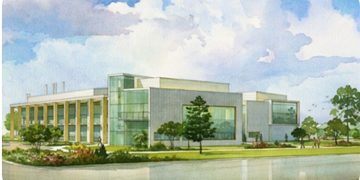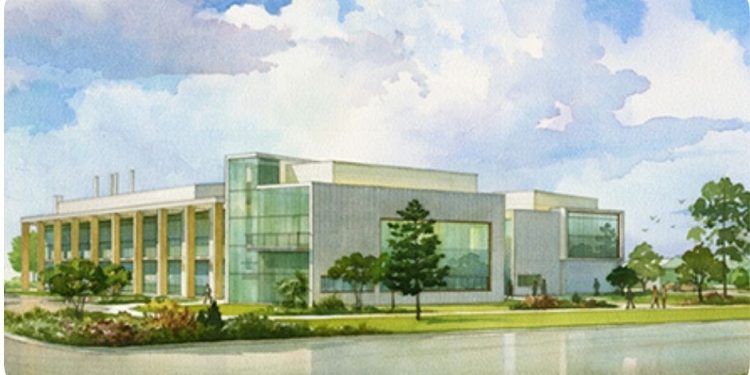Construction of the USDA Agricultural Research Service’s (ARS) new Agricultural Research Technology Center in Salinas, California, kicked off Aug. 26 with a virtual and live groundbreaking ceremony.
The cutting-edge research facility, which will include new laboratories, greenhouses and capacity for additional scientists, builds on the current ARS Crop Improvement and Protection Research Laboratory in Salinas.
“When this new facility is complete, we will be able to vastly advance our research on the sustainable production of vegetable and fruit crops—research that is crucial to the success of California’s large agricultural sector. And we will be able to expand collaborations with our longtime partners at the University of California, Davis, who have been working with us for almost 100 years on a diverse portfolio of projects that has included both food crops and industrial crops,” said ARS Administrator Chavonda Jacobs-Young.
Representative Jimmy Panetta (D-CA, 20th), along with now retired Representative Sam Farr and Representative Sanford Bishop (D-GA, 2nd), led the charge for the new research facilities. “By significantly expanding our facilities, it will help ensure innovative research on fruit and vegetable to best serve our customers, stakeholders, and the scientific community,” said James D. McCreight, Research Leader of the ARS Crop, Improvement and Protection Research Unit.
Others who spoke at the groundbreaking included:
- Chris Valadez, President, Grower-Shipper Association of Central California
- Rick Tomlinson, President, California Strawberry Commission
- Jennifer Clarke, Executive Director, California Leafy Greens Research Program
- Jessy Beckett Parr, Foundation Director, California Certified Organic Farmers Foundation
- Brise Tencer, Executive Director, Organic Farming Research Foundation
The Agricultural Research Service is the U.S. Department of Agriculture’s chief scientific in-house research agency. Daily, ARS focuses on solutions to agricultural problems affecting America. Each dollar invested in agricultural research results in $20 of economic impact.
– Kim Kaplan, ARS































